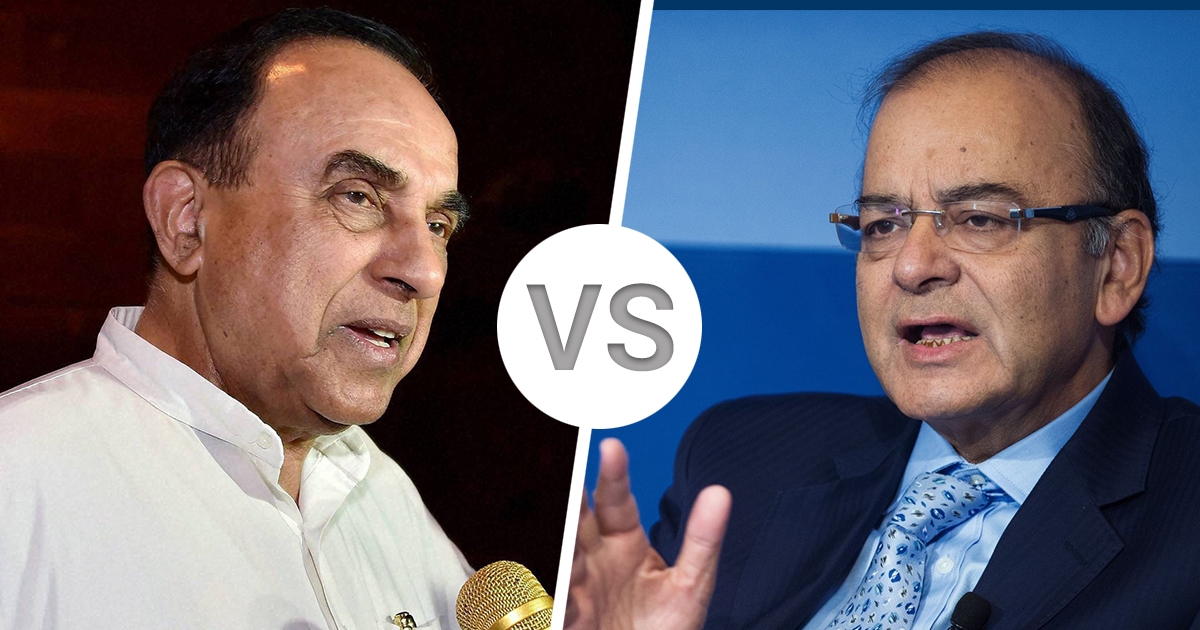On the contrary side of Union finance minister who has backed upon the preparedness of Goods and services tax with reasons and fundamental sources, the BJP leader Subramanian Swamy has tweeted against the implementation of GST on its pre-scheduled date. It is not a new fact for opposing the GST scheme so early, as various industries including banks which will be majorly responsible for the accurate transactions of the current tax scheme into the new taxation regime are also raising their voice against the minuscule time remaining of the implementation.
The tweet which created a buzz around the corridors stated that “GST rollout be on July 1 but of 2019. A huge risk if implemented before 2019 given the state of preparedness. It could become our Waterloo.” According to the records, Waterloo battle was considered as the last battle of great Napoleon Bonaparte who after defeating many kingdoms finally saw a defeat in the Waterloo.
This time Subramaniam directed towards the Prime Minister Narendra Modi as the present prime minister had defeated many parties and got himself the winner title but as the GST approaches with confusions and fewer clarifications, the BJP leader forecasted that it can be the Waterloo for prime minister this time.
Earlier, the banking association has clearly stated that the fraternity of banks are not at all ready with the preparations required for the GST, as IBA mentioned in a statement to the Parliamentary Standing Committee on Finance that “since the GST will be operational from July 1, 2017, banks have to make lot of changes in their systems and other procedures. The preparedness of all banks for implementation of GST on July 1, 2017, is a question mark.”
Same goes for the agricultural sector as the upcoming GST may increase the cost of production. As earlier the fertilizers are taxed at a maximum of 8 percent but now the fertilizers will be attracting 12 percent which will make it an increase in 4 percent directly.
Overall, there are many points which increase the risk of GST failure and moreover regarding its implementation dates. Rolling out a tax scheme larger than concept within a lesser amount of time may effect the whole structural economy with intense strikes.
